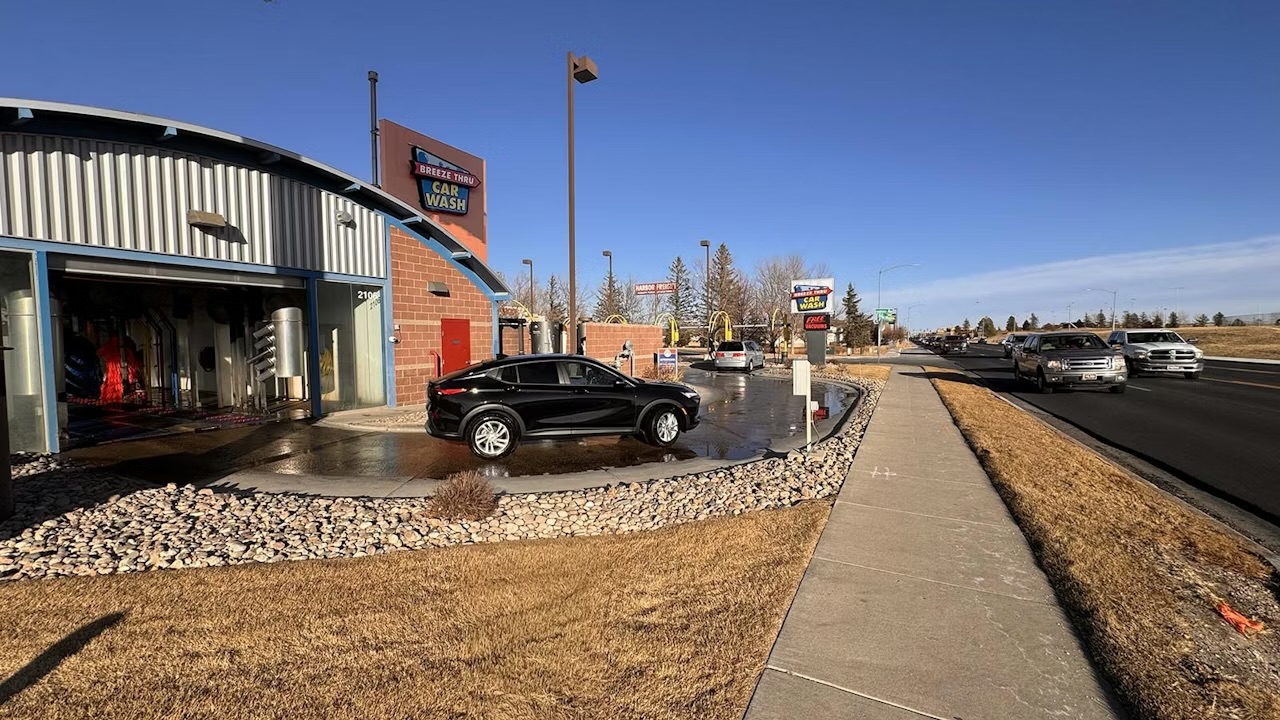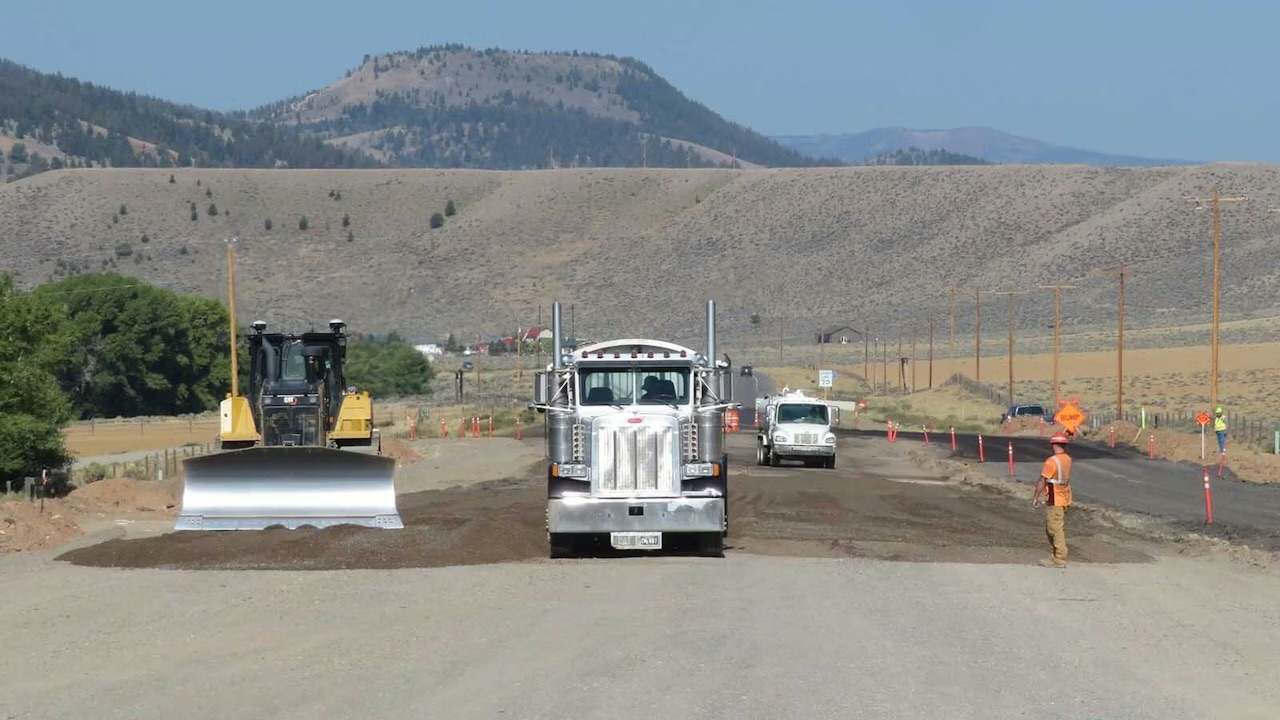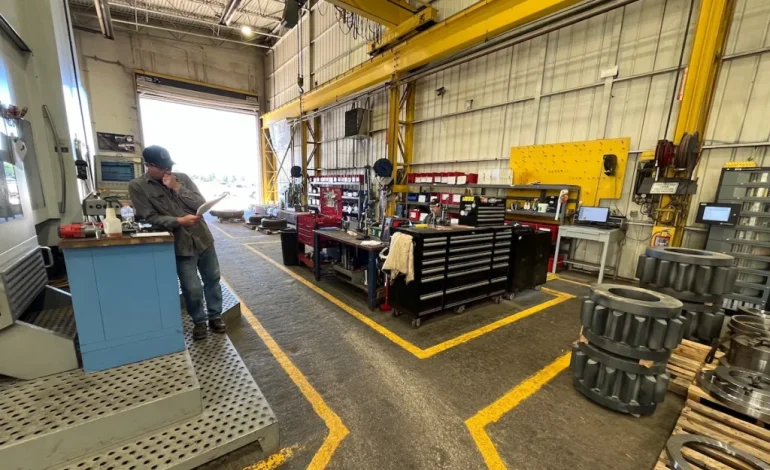A proposal to allow temporary storage of spent nuclear fuel from microreactors in Wyoming failed to pass a House committee on Wednesday, highlighting ongoing concerns about safety and public outreach.
Senate File 186, titled “Advanced Nuclear Reactor Manufacturers-Fuel Storage,” was defeated in the House Minerals, Business, and Economic Development Committee by a vote of 3-5. One committee member, Rep. J.R. Riggins of Casper, was excused due to a medical absence. While the bill’s failure effectively halts progress for this legislative session, lawmakers expressed interest in revisiting the issue during the interim period between sessions.
The legislation was introduced in response to interest from companies looking to establish nuclear microreactor manufacturing in Wyoming, including Radiant Industries, which is considering a site in Natrona County. These companies aim to produce small, modular reactors that could be deployed across the US and internationally. Their business model involves fueling reactors at a manufacturing facility, leasing them to customers, and retrieving them—along with the spent nuclear fuel—for reuse.
A key challenge for this model is the need for temporary on-site storage of spent fuel, as there is currently no permanent repository for nuclear waste in the US Supporters of the bill argued that the storage process would be regulated by the US Nuclear Regulatory Commission and would follow established safety protocols. Sen. Ed Cooper (R-Ten Sleep) emphasized that similar storage systems have been used for decades at existing nuclear facilities.
However, opponents raised concerns about the safety of storing and transporting radioactive materials. Rep. Christopher Knapp (R-Gillette) voted against the bill, citing a lack of clear answers to public concerns.
“All I’ve received is messages from constituents that are very fearful,” Knapp said. “The reason they’re fearful is because the questions haven’t been answered.”
Public advocacy groups also expressed hesitation. John Burrows, Energy and Climate Policy Director for the Wyoming Outdoor Council, urged lawmakers to further study the risks before making any decisions.
Wyoming has already made legislative adjustments to allow limited nuclear fuel storage for in-state power generation, primarily to accommodate TerraPower’s planned Natrium nuclear plant near Kemmerer. Senate File 186 would have slightly expanded that policy to include nuclear manufacturing-related storage.
A broader measure, House Bill 16, sought to permit temporary commercial storage of spent fuel from any nuclear facility nationwide. However, it did not advance beyond the House.
Despite this legislative setback, Radiant Industries remains interested in Wyoming as a potential hub for microreactor production. The company has partnered with the Idaho National Laboratory to test its technology and hopes to continue engaging with Wyoming communities to address concerns.
“We’re planning on picking up our community engagement efforts and broadening the conversation so that folks understand what Radiant is trying to accomplish,” said Matt Wilson, Radiant’s Director of Operations.
The Sheridan Press and Wyo File contributed to this report.










The latest news in your social feeds
Subscribe to our social media platforms to stay tuned